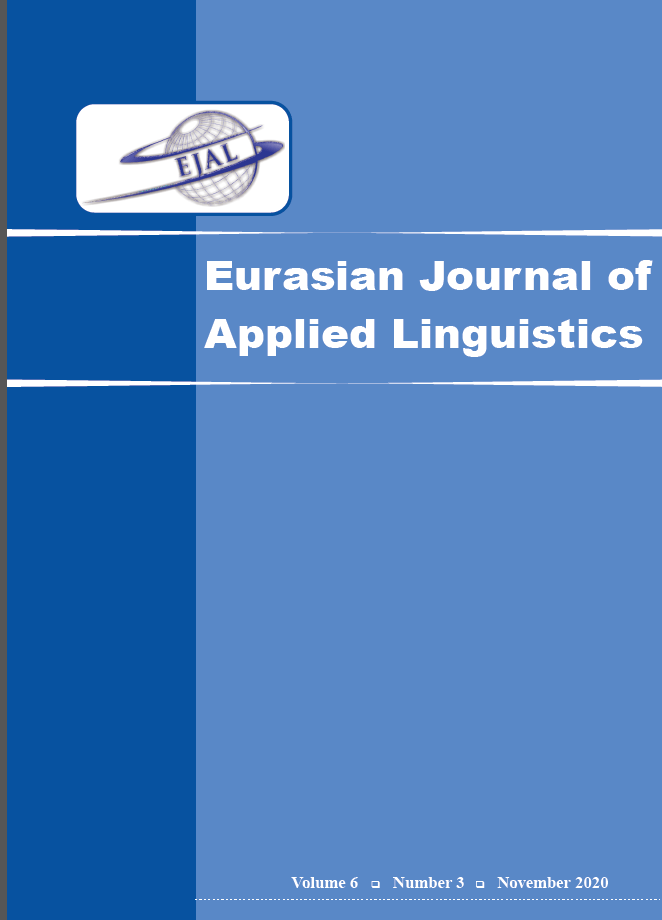Keywords: Language motivation; attribution theory; causal attributions, L2 motivational self- system; ideal L2 self, future achievement
Abstract
This study examines whether learners’ (high vs. low) ‘ideal L2 self’ exerts an effect on causal attributions and which of these causal attributions could predict future L2 achievement. To this end, 1006 EFL students were invited from a state university in Ankara, Turkey. The data were collected with an attribution scale composed of 29 questions and with a questionnaire containing 10 items measuring learners’ ideal L2 self. The researchers also collected the students’ achievement scores to measure the predictive power of causal attributions. The impact of high and low ideal L2 self on causal attributions was analyzed through MANOVA and the prediction power of these attributions for achievement was measured through regression analysis using SPSS 23. It was found that learners’ ideal L2 self (high vs. low) influenced causal attributions, including ability, school system, teacher, family and classroom environment. It was also found that the attribution to effort, luck and ability are the best predictors of future exam scores of learners. These predictors could provide insightful implications for EFL teachers with regard to the actions they can take in order to diagnose motivationally at-risk students and to boost their motivation through effective designs of interventions embedded into the curriculum.

